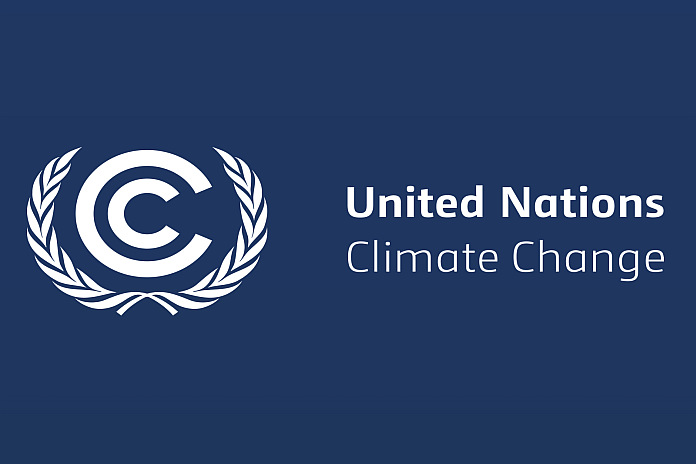By UN Climate Change
Ministers and other regional and international leaders met with experts at Africa Climate Week 2022 in Libreville, Gabon at the beginning of this month to lay out their vision for ambitious implementation of the new transparency arrangements under the Paris Agreement.
The talks were designed to help implement the new Enhanced Transparency Framework (ETF) which builds on the measurement, reporting and verification (MRV) process under the UNFCCC and the Kyoto Protocol.
“Without transparency, the implementation of all actions, promises and commitments of the Paris Agreement do not hold value,” said Ovais Sarmad, UNFCCC deputy executive secretary.
The new universal ETF foresees that all countries will report transparent information on climate action and support every two years, including on implementation and achievement of their Nationally Determined Contributions (NDCs), which are climate action plans under the Paris Agreement. All countries are to submit their climate action reports by the end of 2024, the deadline established in the Paris Agreement.
Leaders highlighted that the Enhanced Transparency Framework allows countries to not only comply with their international climate obligations but also to benefit from relevant data collected and reported under the UNFCCC reporting and verification processes.
This will help them strengthen their plans to cut greenhouse gas emissions and adapt to negative impacts of climate change and be better equipped to mobilise financial support for implementation of the climate plans.
For example, Arlette Soudan-Nonault, minister of tourism and environment of the Republic of Congo-Brazzaville, mentioned the importance of the Congo basin region to absorb carbon.
“The peatlands of the central Congo Basin alone capture 31 billion tonnes of CO2 ー 30 times more than the Congo Basin forests; 20 times the annual emissions of the US; and three to four years of global greenhouse gas emissions. They are both a treasure for humanity and a time bomb. Hence the urgent need to break the lock on Africa’s access to carbon finance,” she said.
In addition, dozens of national policymakers and international experts exchanged experiences and perspectives about the challenges and opportunities for faster and stronger climate action offered by the ETF. They discussed various aspects of how transparency can foster the NDC process, including the monitoring and evaluation of adaptation and just transitions, tracking of climate finance and related capacity development.
Henning Wuester, director of the Initiative for Climate Action Transparency (ICAT), said: “This is the year for Africa in the climate change process. Transparency is the backbone of the Paris Agreement, so it bodes well for the future of the Paris Agreement that this topic is discussed here in the heart of Africa, in a manner that resonates at the highest political levels. Transparency is an enabler; it is a service that will allow policy development to turn NDCs into a useful tool. “
With the negative impacts of the climate emergency accelerating everywhere, ministers underlined the urgency for nations to move forward in the implementation of their national climate plans while building robust transparency mechanisms.
Jigme, manager of the transparency division at the UNFCCC, said: “The high-level policy exchange has created a space for national experts to hear first-hand from ministers, senior policymakers, and regional and international leaders about their vision for implementing the ETF and the co-benefits that transparency can bring to their countries. This first Africa regional dialogue has set a clear policy direction for universal participation in the Enhanced Transparency Framework.”
The Africa Dialogue kicked off a series of regional dialogues on the ETF, to be organized within the framework of the UNFCCC Regional Climate weeks. The UN Climate Change secretariat, the Initiative for Climate Action Transparency (ICAT) and the UN Development Programme (UNDP) with the support of regional organisations, such as COMESA and ECCAS, and PATPA, organised the first regional dialogue on the ETF during the 2022 Africa Climate Week.
The next regional dialogues will take place at the 2023 MENA and Asia-Pacific Climate Weeks.
To learn more about the ETF, visit the UN Climate Change website and check the Enhanced Transparency Framework Handbook and Manual.
More information and further quotes are available in English here and in French here.
Africa Dialogue opening with (from left to right) Mariana Castaño Cano, Bogolo Kenewendo, Gilberto Da Piedade Verissimo, Beatrice Atim Anywar, Ovais Sarmad, Henning Wuester, Jigme and Kavydass Ramano / Photo credit: UN Climate Change





